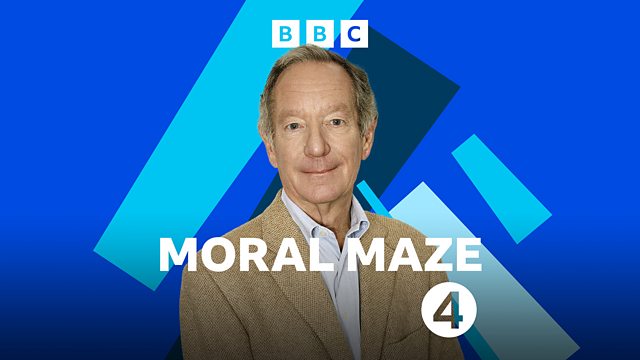Blind Justice
After the death of Frances Andrade, who killed herself days after testifying against her abuser, how do we balance the interests of the victim and defendant in the justice system?
The death of Frances Andrade, who killed herself days after testifying against Michael Brewer, the choirmaster who indecently assaulted her, has prompted a debate on how courts handle such cases. Could her suicide have been prevented? Did the defence counsel who cross-examined her, calling her a liar and a fantasist, bear some responsibility for her death? Or is it always important for the defence to challenge prosecution witnesses as robustly as the judge will allow? If so, the duty to protect vulnerable witnesses must rest with the police and the Crown Prosecution Service - and yet their overriding aim is to obtain a conviction. Frances Andrade was persuaded to give evidence (she did not herself initiate the investigation); perhaps she would have been better advised not to?
There is a wider issue here. The criminal justice system depends on the willingness of victims and witnesses to testify. In recent years there have been many new initiatives to make it easier for them (video-interviews, screens etc. and the promise of a revamped witness protection system). And in the wake of this case there have been more calls to protect vulnerable witnesses in court. But in our adversarial judicial system, which depends on testing competing claims to truth, are we in danger of tipping the scales of justice in favour of the prosecution? Should we even consider such reforms in the current climate where the old principle "innocent until proven guilty" seems not to apply in some elements of the press when they feel someone looks guilty - especially in cases of child abuse? And it's not just an issue for the courts, CPS and police. What about our individual responsibility to uphold justice? Many prosecutions still fail because witnesses are unwilling to come to court to face those they accuse or are intimidated against giving evidence (one survey suggested that as many as 40% of witnesses had been threatened). Should the system be harder on witnesses who refuse to give evidence or withdraw their statements? Or should we accept that there are cases where the interests of the victim are best served by letting the guilty go unpunished? How blind do we want our justice system to be?
Combative, provocative and engaging debate chaired by Michael Buerk with Michael Portillo, Anne McElvoy, Giles Fraser and Claire Fox. Witnesses: Pete Saunders - National Association for People Abused in Childhood, Sally O'Neill QC - A former chair of the Criminal Bar Association, Professor Penny Cooper - Kingston University School of Law, Mark Williams Thomas - Former police officer, criminologist and child protection expert.
Last on
More episodes
Previous
Next
Broadcast
- Wed 13 Feb 2013 20:00大象传媒 Radio 4
Podcast
-
![]()
Moral Maze
Live debate examining the moral issues behind one of the week's news stories. #moralmaze



